How Does Spirulina Aid Weight Loss?
From reducing body weight to boosting appetite, reap the benefits of highly nutritious spirulina.
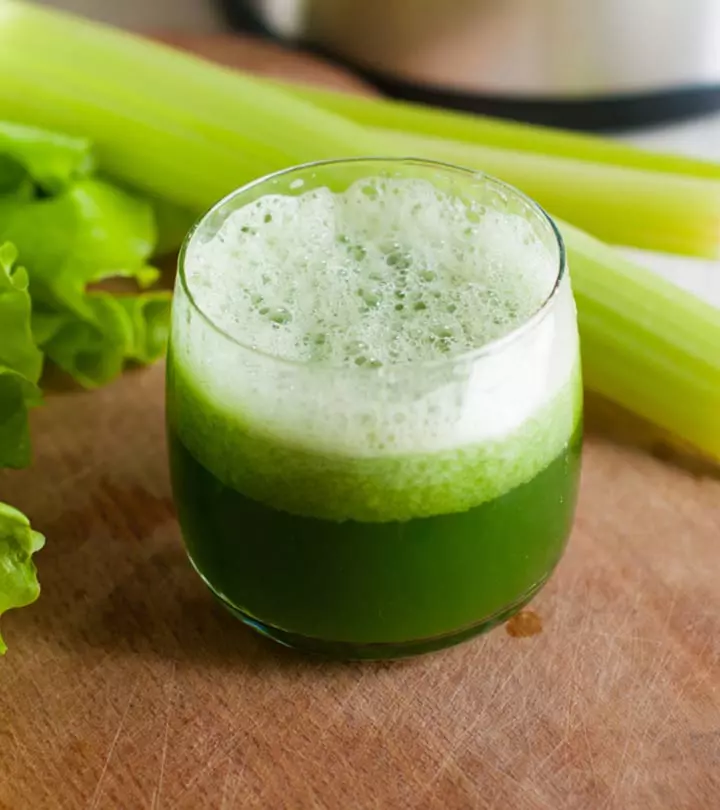
Image: Shutterstock
Many health and fitness enthusiasts swear by using spirulina for weight loss. Your goal is to shed those extra pounds. After all, the days of baggy clothes, dark jeans, and body shapers are over. In addition, a weight loss program may prevent certain obesity-related conditions, including diabetes, PCODi A hormonal condition where a woman’s ovaries produce immature or partially-immature eggs that eventually turn into cysts. , heart disease, and infertility, and overall wellness.

Spirulina is a popular natural weight loss supplement with weight loss-boosting properties. In addition, the UN has branded this biomass as “”Best Food for the Future”” for several reasons, including weight loss (1), (2).
This low-calorie, high-protein food reduces blood sugar and blood pressure levels, boosts fat burning, regulates appetite, helps maintain body composition and BMI, and has antioxidant and anti-inflammatory properties. Discover how spirulina can help you lose weight, where to purchase it, and the right dosage. Scroll down.
In This Article
How Spirulina Aids Weight Loss
Spirulina, belonging to the algae family, is low in calories and high in protein. It has antioxidant and anti-inflammatory properties, suppresses appetite, boosts fat mobilization, and lowers blood sugar and blood pressure. All of these factors aid weight loss.
Spirulina is a biomass of floating microalgae found mostly in the water reservoirs of Africa, India, Mexico, and America (3). It is highly nutritious, a reason it was promoted by the Intergovernmental Institution for the use of Micro-algae Spirulina Against Malnutrition (IIMSAM) to fight starvation and malnutrition (2).
 Trivia
TriviaThe NASA recommends spirulina as food for astronauts on a space mission (4). It is also consumed by soldiers during wars that last long. Here is how spirulina benefits weight loss.
1. Low In Calories
One tablespoon (7 g) of spirulina contains only 20 Calories (5). Consuming low-calorie foods is critical if you want to lose weight. It will help create a negative energy balance. You can add spirulina to your morning smoothie or juice without having to worry about consuming too many calories.
2. High In Protein
When it comes to weight loss, a low-carb and high-protein diet works for most dieters.
Spirulina contains about 60-70% protein and contains all the essential amino acids (5).
Proteins take longer to digest than simple carbs. Hence, spirulina can keep you full for longer (6). Also, proteins help build lean muscle mass, thereby making you look toned and increasing your muscle power and endurance and preventing post-exercise muscle damage (7).
3. Is Highly Nutritious
Spirulina is rich in vitamins C, B1, B6, B5 and E, minerals, such as copper, zinc, and manganese, useful enzymes, and dietary fiber that makes it a perfect weight loss supplement
(5). These minerals, vitamins, enzymes, and dietary fibers help in digestion and metabolism, eliminate toxins, and prevent fat absorption.
4. Has Antioxidant And Anti-Inflammatory Properties
Spirulina has antioxidant and anti-inflammatory properties (8). The antioxidants help to nullify the harmful oxygen radicals and prevent the body from producing pro-inflammatory molecules. This prevents the body from being in a state of stress and curbs inflammation. Toxic build-up and inflammation are two leading factors of weight gain, which spirulina can prevent.
5. Suppresses Appetite
Spirulina is also an appetite suppressant. It contains the amino acid phenylalanine that stimulates the secretion of cholecystokinini A gut hormone produced in the small intestine that helps digest fat and protein and reduces appetite. that helps to suppress appetite (9).
6. Lowers Cholesterol Levels
Many scientific studies conducted to find the benefits of spirulina have confirmed that spirulina possesses lipid-lowering properties. It helps lower bad cholesterol (LDL) and triglyceridei A common type of fat that is stored in the body and gives you energy between your meals. levels and increase good cholesterol (HDL) levels in the blood. Consuming spirulina can boost fat mobilization, which is what is critical for weight loss (10), (11).
7. Lowers Blood Sugar
High blood sugar can increase the risk of developing insulin resistance, obesity, PCODi A hormonal condition where a woman’s ovaries produce immature or partially-immature eggs that eventually turn into cysts. , and diabetes. Spirulina helps lower the blood sugar levels in individuals with type 2 diabetes. Including spirulina in your diet can help in regulating insulin spikes, protecting you from diseases and preventing weight gain (12).
8. Lowers Blood Pressure
Spirulina also helps to lower systolic and diastolic blood pressure, making it a potent antihypertensivei A class of drugs that lower blood pressure levels to the standard range, preventing stroke and other diseases. agent. High blood pressure and stress lead to weight gain. Spirulina supplementation can lower the concentration of fats in the blood, thus preventing weight gain (13).
Petrena, a YouTuber, shared her experiences of consuming spirulina for over 15 years. She says, “Always when I take my spirulina I notice an energy boost and it’s one of those things that if I hit a wall in the afternoon, you know those times in the middle of the day where we kind of start to fade a little bit and you need to pick up, sometimes I just take an extra dose of spirulina or another smoothie with another scoop of it in there and it picks me up, right again, and it’s a nice clean energy that you don’t crash from using (i).”
These are the 8 reasons spirulina is considered one of the best weight loss supplements. However, there are many more benefits of spirulina that you can explore and know a great deal about this amazing nutritional supplement. Now, let’s find out how you can consume spirulina and take a look at the spirulina dosage for weight loss in the powder and tablet forms.
Key Takeaways
- Spirulina helps you lose weight as it is rich in nutrients including vitamins, protein, dietary fiber, and minerals.
- It may aid in weight loss by enhancing “feelings of fullness” and decreasing hunger pangs.
- Add spirulina to your diet as tablets or powder, or add in smoothies and salads.
- Before consuming spirulina for weight loss, consult a healthcare professional as it may interfere negatively with some drugs.
Spirulina Powder
- Stir a tablespoon of spirulina powder into your juice or smoothie.
- Stir a tablespoon of spirulina powder into a glass of water.
- Add a tablespoon of spirulina powder to your salad, soups, homemade salsa sauce, curries, and stir-fried veggies.
- Add ½- 1 tablespoon spirulina to your cakes, pastries, and homemade energy bars.
 Quick Tip
Quick TipSpirulina Tablets
If you want to take spirulina tablets, it is safe to take a 500 mg tablet 3-4 times a day. But make sure you talk to your doctor before using spirulina for weight loss.
The dose may vary with the problem. Further studies are required before a therapeutic recommendation is established.
But is consuming spirulina safe?
The FDA has approved spirulina as safe for consumption. However, it is best to consult a doctor because you may be allergic to spirulina, do much better by consuming any other natural weight loss supplement, or not even need to consume spirulina.
Also, avoid consuming spirulina if you are allergic to seafood or have hypothyroidism. Though it is safe for consumption, you may feel feverish or fatigue after you consume spirulina.
Here is a list of things you should consider before buying spirulina for weight loss.
Things To Consider Before Buying Spirulina
You may buy spirulina online or at any pharmacy nearby. Check the label for the expiry date, buy from a known brand, and ensure it is organic.
You may not take an instant liking to the taste of spirulina in one go. Here are a few recipes that will help you consume spirulina powder without feeling uneasy. Check them out.
Spirulina Weight Loss Recipes
1. Spirulina In Veggie And Fruit Juice
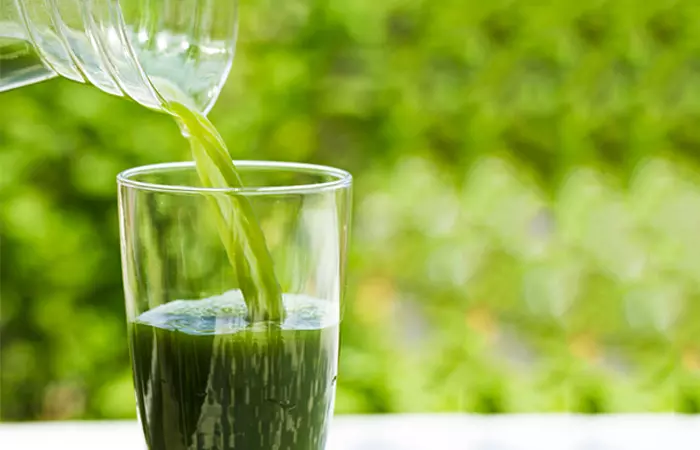
Ingredients
- 1 tablespoon spirulina
- ½ cup orange
- ½ cup pomegranate
- ¼ cup carrot
- 2 tablespoons lime juice
- A pinch of Himalayan pink salt
How To Prepare
- Toss the fruits and carrot into a blender and give it a spin.
- Strain the juice into a cup.
- Add lime juice, spirulina, and a pinch of Himalayan pink salt.
- Stir well before drinking.
2. Spirulina In Smoothie
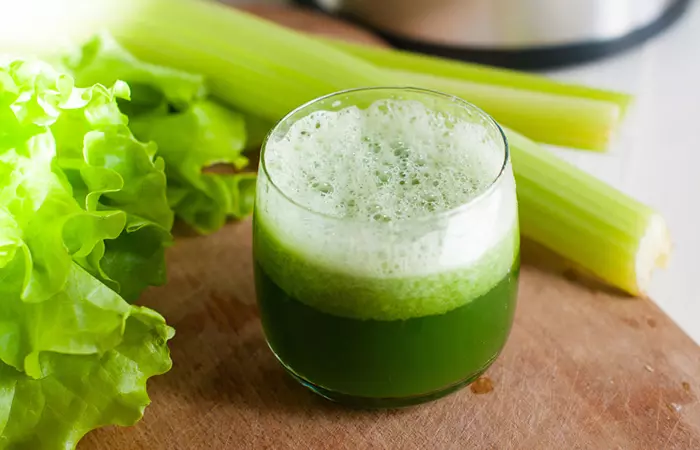
Ingredients
- 1 tablespoon spirulina
- ½ cup celery
- ½ cup tomato
- ½ cup watermelon
- 2 tablespoons lime juice
- A pinch of Himalayan pink salt
How To Prepare
- Blend all the ingredients using a food processor.
- Pour out the smoothie into a glass and add the spirulina, salt, and lime juice.
- Stir well before drinking.
3. Spirulina In Salad
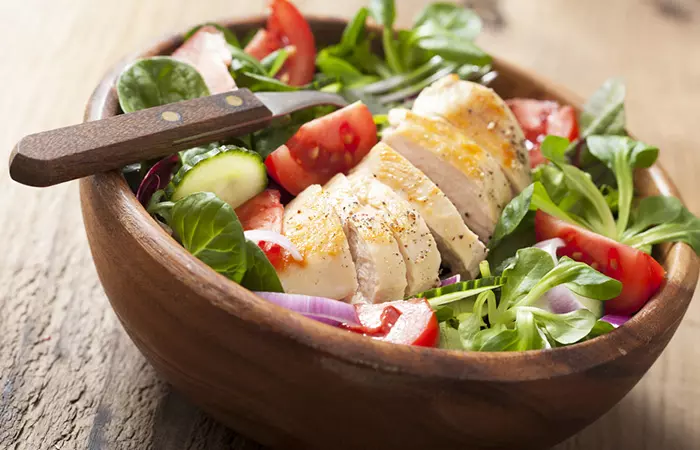
Ingredients
- 1 tablespoon spirulina
- ½ cup grilled and shredded chicken breast / grilled tofu
- 1 cup blanched baby spinach
- ¼ cup blanched and chopped asparagus
- ¼ cup chopped tomatoes
- 3 tablespoons lime juice
- 1 tablespoon olive oil
- 3 tablespoons low-fat yogurt
- Salt and pepper to taste
How To Prepare
- To make the dressing, mix low-fat yogurt, olive oil, lime juice, a pinch of salt and pepper in a bowl.
- Add the shredded chicken or tofu to the bowl.
- Add the spirulina, spinach, asparagus, and tomatoes.
- Toss and turn well. Add a bit of salt and pepper if needed.
4. Spirulina Pancakes
Ingredients
- 1 cup all-purpose flour
- 1 tablespoon spirulina powder
- 2 tablespoons sugar
- 1 tablespoon baking powder
- 1/4 teaspoon salt
- 1 cup milk
- 1 large egg
- 2 tablespoons melted butter
- 1 teaspoon vanilla extract
- Maple syrup and fresh fruits for toppings
How To Prepare
- Whisk together the flour, spirulina powder, sugar, baking powder, and salt.
- Whisk the vanilla extract, milk, melted butter, and egg in another bowl.
- Pour the wet ingredients into the dry ingredients and fold until combined.
- Heat a non-stick pan over medium heat and lightly grease it with butter.
- Pour a quarter of the batter in the skillet.
- Let it sit for about 3 minutes till bubbles appear on its surface.
- Turn over the pancake and cook for another 1-2 minutes until golden brown.
- Repeat the process with the remaining batter.
- Serve hot with fruits and maple syrup.
These vibrant green spirulina pancakes not only look appealing but also offer a nutritional boost due to spirulina’s rich nutrient profile. Enjoy a delicious and nutritious breakfast
You may consume the recommended amount of spirulina daily and not lose an inch if you do not watch what you eat. Here is a sample diet chart to help you figure out what you should eat to lose weight.
Sample Diet Plan For Weight Loss

| Meals | What To Eat |
| Early Morning (7:00 – 7:30 a.m.) | 1 cup fenugreek seeds soaked water |
| Breakfast (8:00 – 8:45 a.m.) | 1 egg + fruit & veggie juice with spirulina + 2 almonds |
| Mid- Morning Snack (11:00 a.m.) | 1 cup green tea or 1 apple |
| Lunch (1:00 – 1:30 p.m.) | Tuna/chicken/tofu salad with spirulina |
| Evening Snack (4:00 p.m.) | ½ cup popcorn + 1 cup peppermint tea |
| Dinner (7:00 – 7:30 p.m.) | Chicken/lentil soup with veggies |
Why This Works
This sample diet chart clearly shows that you need to include a substantial amount of lean protein (fish, chicken, mushroom, lentils, tofu, soy, etc.), complex carbs (fruits and veggies), healthy fats (nuts and olive oil), and dietary fiber (fenugreek seeds, fruits, veggies, and lentil), metabolism boosting agents (green tea or peppermint tea), and weight loss supplements (spirulina) in your diet to shed fat.
There are other health benefits of consuming spirulina. Here’s a brief.
Other Health Benefits Of Spirulina
- Spirulina can help prevent the growth of Candida (14).
- It can help in the treatment of chronic arsenic poisoning (15).
- It may help reduce the risk of cancer (16).
- Spirulina is also found to inhibit HIV-1 replication (17).
- It increases stamina and energy (18).
- It can help in the treatment of non-alcoholic fatty liver diseases (19).
- It improves bone health (20).
- Spirulina can also help treat anemiai A condition characterized by a lack of healthy red blood cells which helps carry oxygen to the body’s tissues. (21).
- It can prevent brain damage and improve memory (22).
- It can alleviate symptoms of PMS (23).
- Spirulina was found to be effective against radiation sickness (24).
- It can help keep the skin healthy (25).
While spirulina is generally considered safe for most people, it is important to be aware of potential side effects and precautions.
Potential Risks Of Spirulina
People with seafood allergies may be more susceptible to allergic reactions to spirulina, as they share similar proteins. Symptoms can include skin rashes, itching, and difficulty breathing.
Spirulina may interact with certain medications, such as blood thinners and immunosuppressants. It can be contaminated with heavy metals or toxins if not sourced from reputable suppliers. So, it is essential to purchase spirulina from reliable brands that adhere to quality control standards.
Keep the following points in mind when you start consuming spirulina for weight loss.
Useful Tips For Weight Loss

- Workout regularly. You can train in a gym or exercise at home. Do a mix of cardio, strength training, and weights to get a slim and toned body.
- Avoid stress. Start counting backward, starting from 5 (5,4,3,2,1) to stop yourself from getting anxious and worried.
- Try to eat home-cooked food to avoid piling on hidden calories present in sauces, marinades, salad dressings, etc.
- Get 7-8 hours of sleep every day to help your body repair and rejuvenate the wear and tear in the muscles and nullify the harmful toxins.
- Drink water when you feel hungry at an odd time. Your brain gives you the wrong notion of being hungry when you are just thirsty.
- Walk to and from office, take the stairs, stand and work for a few minutes. This will help you use up the calories.
- Say no to foods that are high in calories, sodium, and sugar, such as aerated drinks, packaged fruit and vegetable juices, fried chicken, burger, pizza, fries, etc.
- Reward yourself every once in two weeks for adhering to a healthy diet chart. Allow yourself to eat 500 calories extra that day.
- Join a group where you can learn more about how to lose weight. Talk to people who have lost weight or are serious about losing weight to keep yourself motivated.
Infographic: 3 Easy Spirulina Recipes For Weight Loss
Spirulina has recently gained immense popularity in the gastronomic world, thanks to its plethora of benefits. From regulating blood sugar levels to reducing diabetes risk, it helps maintain our health in many ways. However, the one thing that spirulina has gathered extreme attention for is its weight loss benefits. Check out the infographic below and try these 3 easy spirulina recipes that will help you lose those extra calories.
Some thing wrong with infographic shortcode. please verify shortcode syntaxThe benefits and usage of spirulina for weight loss are gaining wide popularity all over the world. A natural weight loss supplement, spirulina is rich in minerals, vitamins, protein, and dietary fiber to provide you with ample nutrition in your weight loss journey. With its anti-inflammatory and anti-oxidative properties, spirulina helps reduce blood pressure, cholesterol, and sugar levels. Available as powder or tablets, you can include spirulina in smoothies and salads to reap its weight loss benefits. However, keeping an eye out for any side effects of spirulina is crucial.
Frequently Asked Questions
How much spirulina should I take daily to lose weight?
If you want to take spirulina tablets, it is safe to take a 500 mg tablet, 3-4 times a day. However, the dosage may vary depending on the problem. More studies are required to establish a proper dosage for weight loss. Hence, consult your doctor and dietitian.
Does spirulina suppress appetite?
Yes, spirulina suppresses appetite.
. Does spirulina give you energy?
Yes, spirulina is a high-protein and nutrient-dense supplement. It gives you energy.
Can I take spirulina on an empty stomach?
It is best to take spirulina with or after breakfast
Does spirulina boost metabolism?
There is no direct evidence that spirulina boosts metabolism. But on the whole, consuming spirulina aids weight loss by increasing satiety, lowering cholesterol and blood pressure, and preventing inflammation and toxic build-up.
How long should you take spirulina?
Talk to your dietitian or a licensed doctor to know how long should you consume spirulina for weight loss.
Illustration: How Does Spirulina Aid Weight Loss?
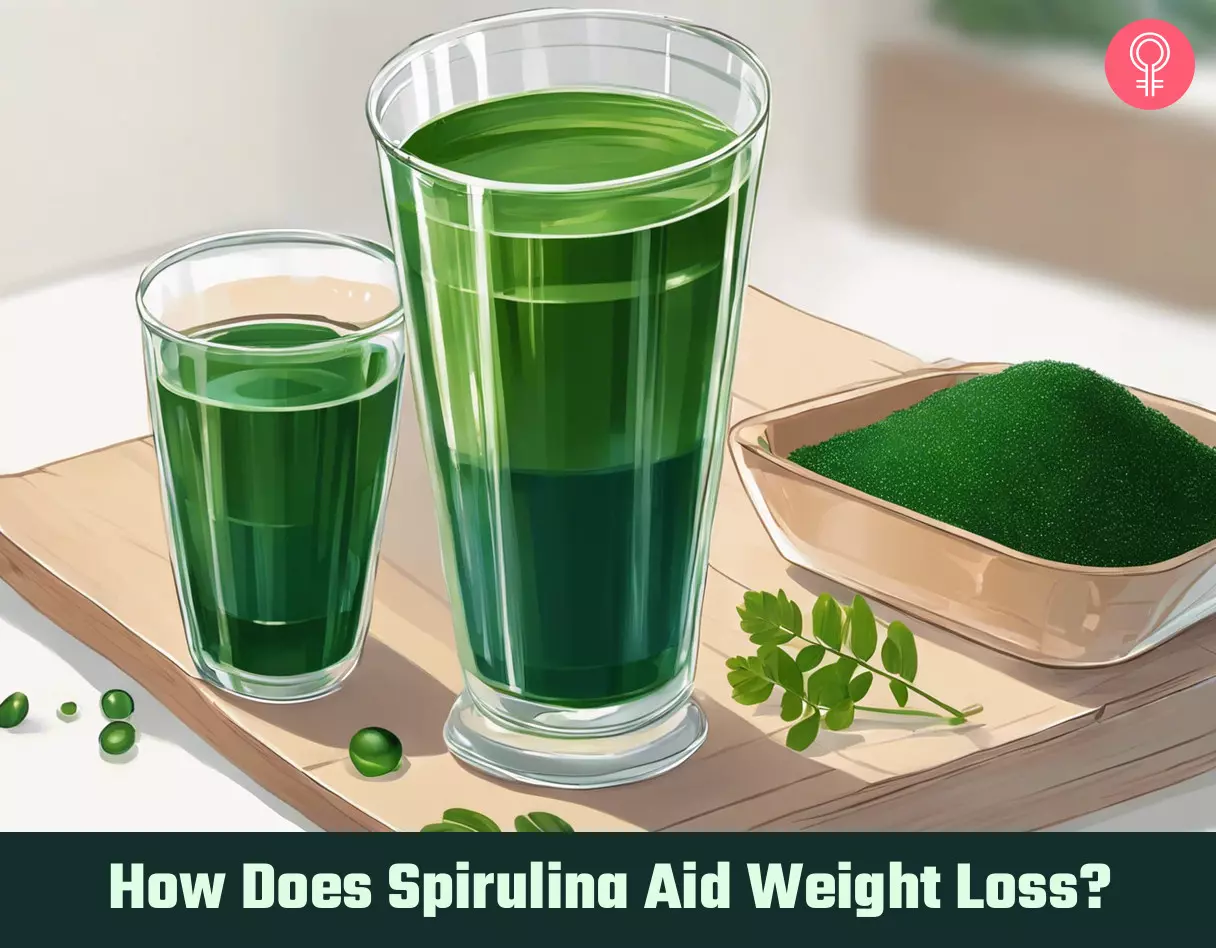
Image: Stable Diffusion/StyleCraze Design Team
References
Articles on StyleCraze are backed by verified information from peer-reviewed and academic research papers, reputed organizations, research institutions, and medical associations to ensure accuracy and relevance. Read our editorial policy to learn more.
- Spirulina maxima Extract Reduces Obesity through Suppression of Adipogenesis and Activation of Browning in 3T3-L1 Cells and High-Fat Diet-Induced Obese Mice, Nutrients, US National Library of Medicine, National Institutes of Health.
https://www.ncbi.nlm.nih.gov/pmc/articles/PMC6024816/ - “Current and prospective insights on food and pharmaceutical applications of spirulina”, Current Trends in Biotechnology and Pharmacy, Researchgate.
https://www.researchgate.net/publication/236208201_Current_and_prospective_insights_on_food_and_pharmaceutical_applications_of_spirulina - Spirulina, the edible microorganism, Microbiologic, al reviews,US National Library of Medicine, National Institutes of Health.
https://www.ncbi.nlm.nih.gov/pmc/articles/PMC283708/?page=1 - Spirulina in Clinical Practice: Evidence-Based Human Applications, Evidence-based complementary and alternative medicine : eCAM, US National Library of Medicine, National Institutes of Health.
https://www.ncbi.nlm.nih.gov/pmc/articles/PMC3136577/ - Seaweed, spirulina, dried, USDA.
https://fdc.nal.usda.gov/fdc-app.html#/food-details/170495/nutrients - The role of protein in weight loss and maintenance, The American journal of clinical nutrition, US National Library of Medicine, National Institutes of Health.
https://pubmed.ncbi.nlm.nih.gov/25926512/ - Preventive effects of Spirulina platensis on skeletal muscle damage under exercise-induced oxidative stress, European journal of applied physiology, US National Library of Medicine, National Institutes of Health.
https://pubmed.ncbi.nlm.nih.gov/16944194/ - The antioxidant, immunomodulatory, and anti-inflammatory activities of Spirulina: an overview, Archives of toxicology, US National Library of Medicine, National Institutes of Health.
https://pubmed.ncbi.nlm.nih.gov/27259333/ - L-phenylalanine releases cholecystokinin (CCK) and is associated with reduced food intake in humans: evidence for a physiological role of CCK in control of eating, Metabolism, US National Library of Medicine, National Institutes of Health.
https://pubmed.ncbi.nlm.nih.gov/8201963/ - Hypolipidemic, Antioxidant and Antiinflammatory Activities of Microalgae Spirulina, Cardiovascular therapeutics, US National Library of Medicine, National Institutes of Health.
https://www.ncbi.nlm.nih.gov/pmc/articles/PMC2907180/ - Spirulina prevents atherosclerosis by reducing hypercholesterolemia in rabbits fed a high-cholesterol diet, Journal of nutritional science and vitaminology, US National Library of Medicine, National Institutes of Health.
https://pubmed.ncbi.nlm.nih.gov/20354344/ - Role of Spirulina in the Control of Glycemia and Lipidemia in Type 2 Diabetes Mellitus, Journal of medicinal food, US National Library of Medicine, National Institutes of Health.
https://pubmed.ncbi.nlm.nih.gov/12639401/ - Antihyperlipemic and antihypertensive effects of Spirulina maxima in an open sample of Mexican population: a preliminary report, Lipids in health and disease, US National Library of Medicine, National Institutes of Health.
https://pubmed.ncbi.nlm.nih.gov/18039384/ - In vitro activity of Spirulina platensis water extract against different Candida species isolated from vulvo-vaginal candidiasis cases, PloS One, US National Library of Medicine, National Institutes of Health.
https://www.ncbi.nlm.nih.gov/pmc/articles/PMC5708745/ - Efficacy of spirulina extract plus zinc in patients of chronic arsenic poisoning: a randomized placebo-controlled study. Clinical Toxicology, US National Library of Medicine, National Institutes of Health.
https://pubmed.ncbi.nlm.nih.gov/16615668/ - Anti-cancer effects of blue-green alga Spirulina platensis, a natural source of bilirubin-like tetrapyrrolic compounds. Annals of Hepatology, US National Library of Medicine, National Institutes of Health.
https://pubmed.ncbi.nlm.nih.gov/24552870/ - Inhibition of HIV-1 replication by an aqueous extract of Spirulina platensis (Arthrospira platensis). Journal of Acquired Immune Deficiency Syndromes and Human Retrovirology, US National Library of Medicine, National Institutes of Health.
https://pubmed.ncbi.nlm.nih.gov/9593452/ - Ergogenic and antioxidant effects of spirulina supplementation in humans. Medicine and Science in Sports and Exercise, US National Library of Medicine, National Institutes of Health.
https://pubmed.ncbi.nlm.nih.gov/20010119/ - Hepatoprotective effects of Spirulina maxima in patients with non-alcoholic fatty liver disease: a case series, Journal of Medical Case Reports, US National Library of Medicine, National Institutes of Health.
https://www.ncbi.nlm.nih.gov/pmc/articles/PMC2861069/ - Effects of spirulina, a blue-green alga, on bone metabolism in ovariectomized rats and hindlimb-unloaded mice. Bioscience, Biotechnology, and Biochemistry, US National Library of Medicine, National Institutes of Health.
https://pubmed.ncbi.nlm.nih.gov/16495651/ - The effects of Spirulina on anemia and immune function in senior citizens, Cellular & Molecular Immunology, US National Library of Medicine, National Institutes of Health.
https://www.ncbi.nlm.nih.gov/pmc/articles/PMC4012879/ - Spirulina prevents memory dysfunction, reduces oxidative stress damage and augments antioxidant activity in senescence-accelerated mice. Journal of Nutritional Science and Vitaminology, US National Library of Medicine, National Institutes of Health.
https://pubmed.ncbi.nlm.nih.gov/21697639/ - Quantification of Phytochemicals from Commercial Spirulina Products and Their Antioxidant Activities, Evidence-Based Complementary and Alternative Medicine, Hindawi.
https://www.hindawi.com/journals/ecam/2016/7631864/ - The beneficial effects of Spirulina focusing on its immunomodulatory and antioxidant properties, Nutrition and Dietary Supplements, ResearchGate.
https://www.researchgate.net/publication/232703137_The_beneficial_effects_of_Spirulina_focusing_on_its_immunomodulatory_and_antioxidant_properties - In vitro evaluation of Spirulina platensis extract incorporated skin cream with its wound healing and antioxidant activities, Pharmaceutical Biology, US National Library of Medicine, National Institutes of Health.
https://www.ncbi.nlm.nih.gov/pmc/articles/PMC6130752/
Read full bio of Madhu Sharma
Read full bio of Ravi Teja Tadimalla
Read full bio of Aparna Mallampalli






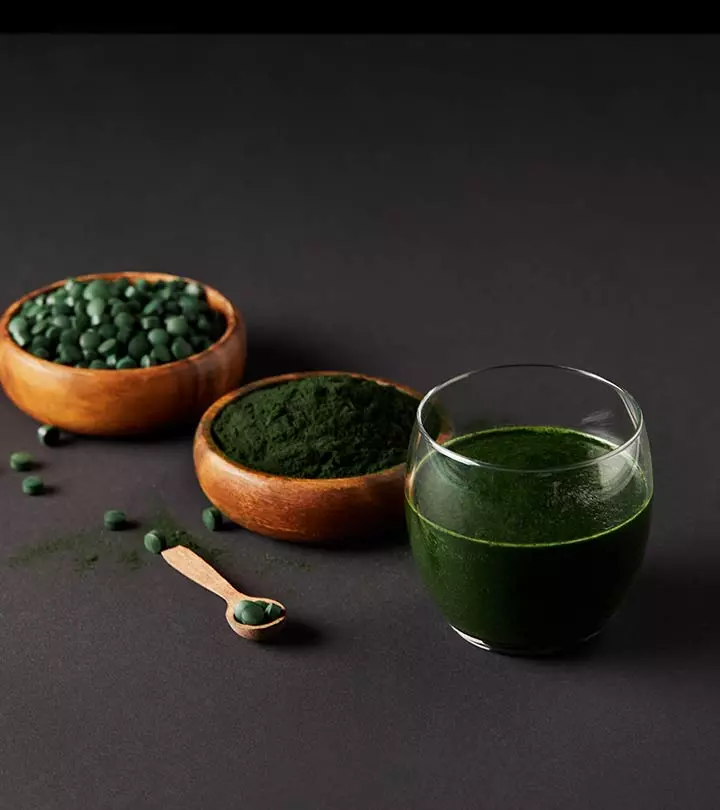
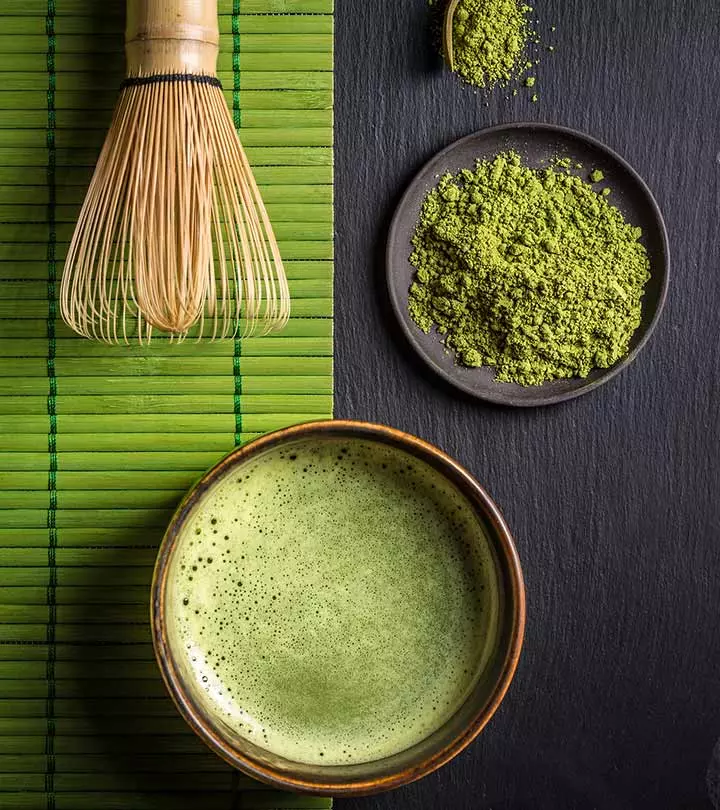
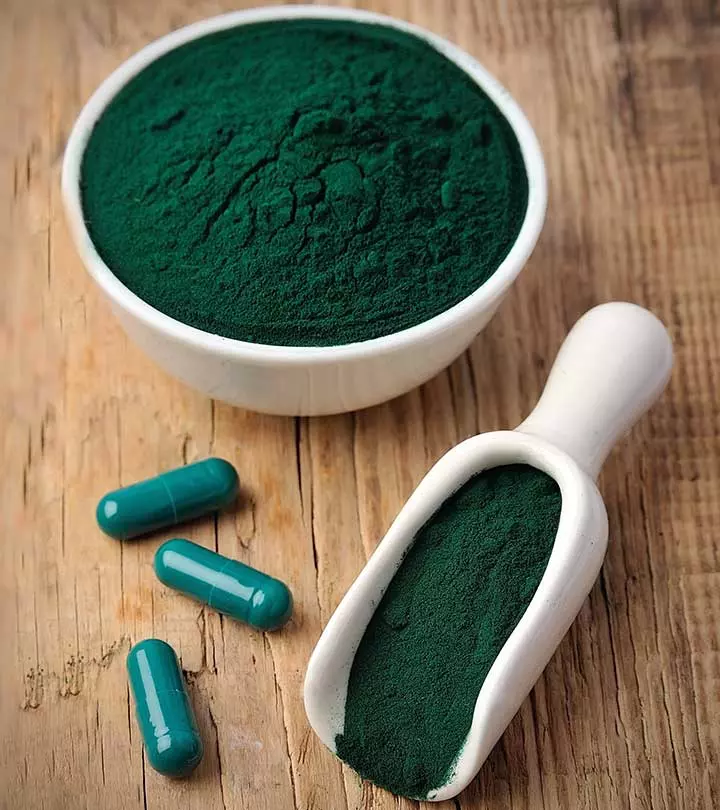
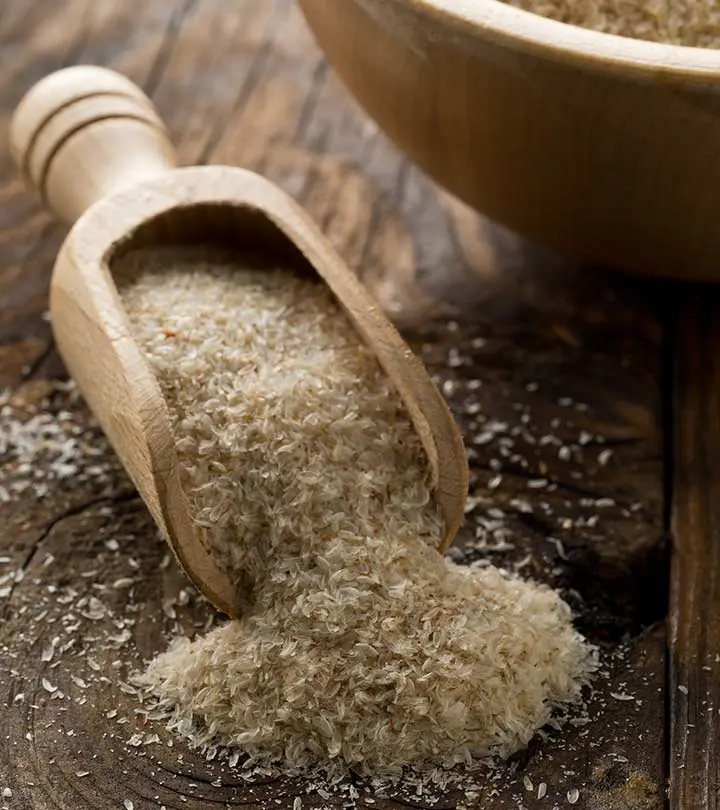


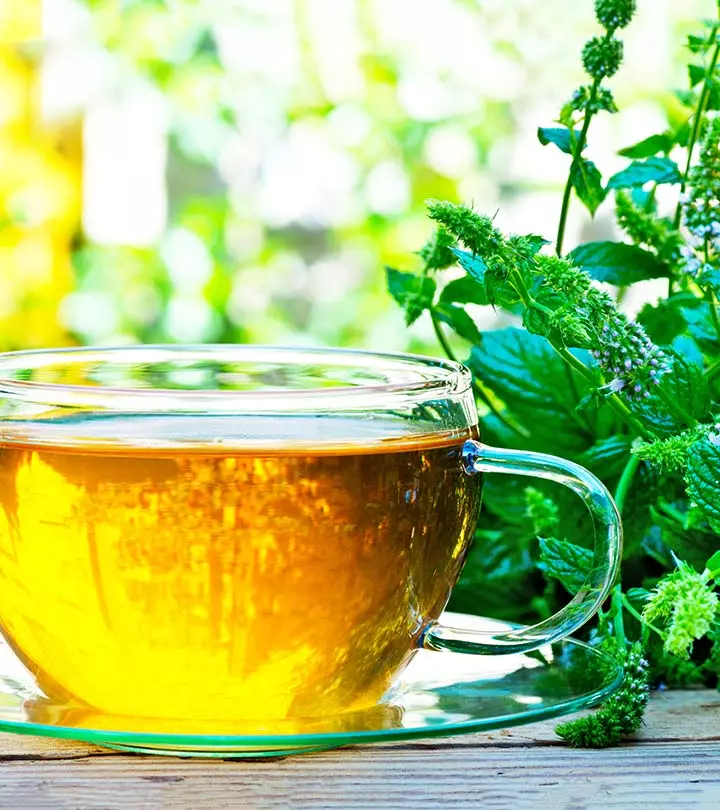
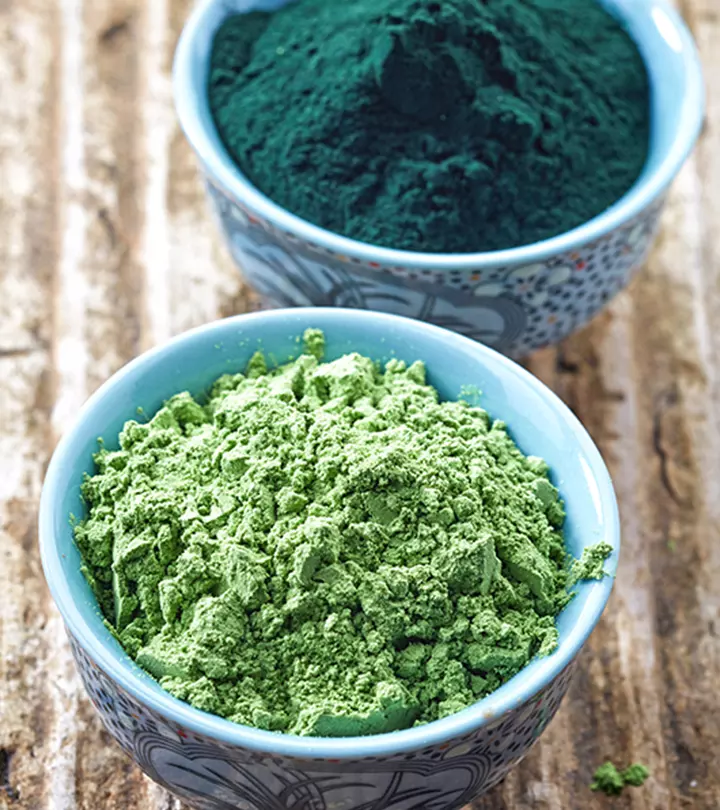
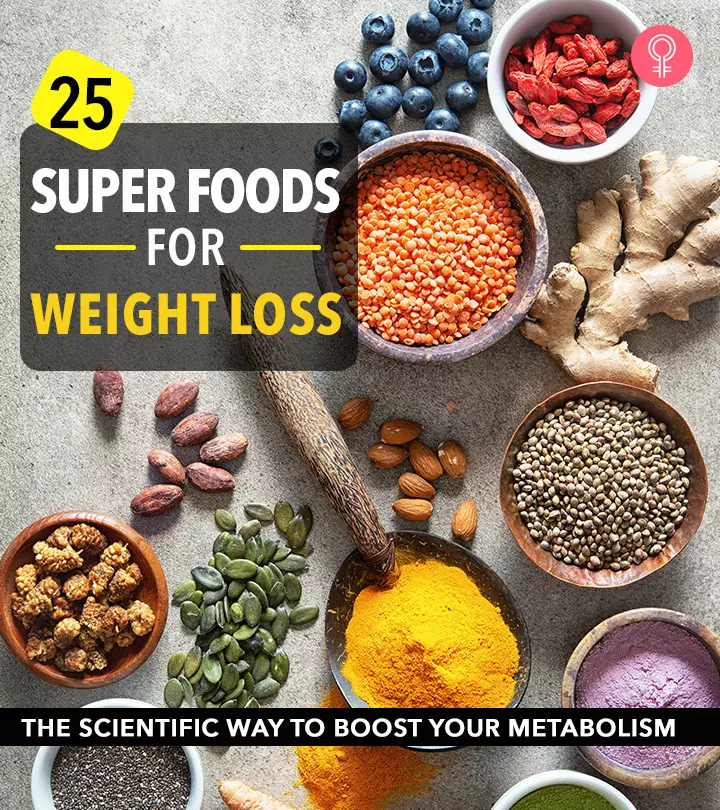
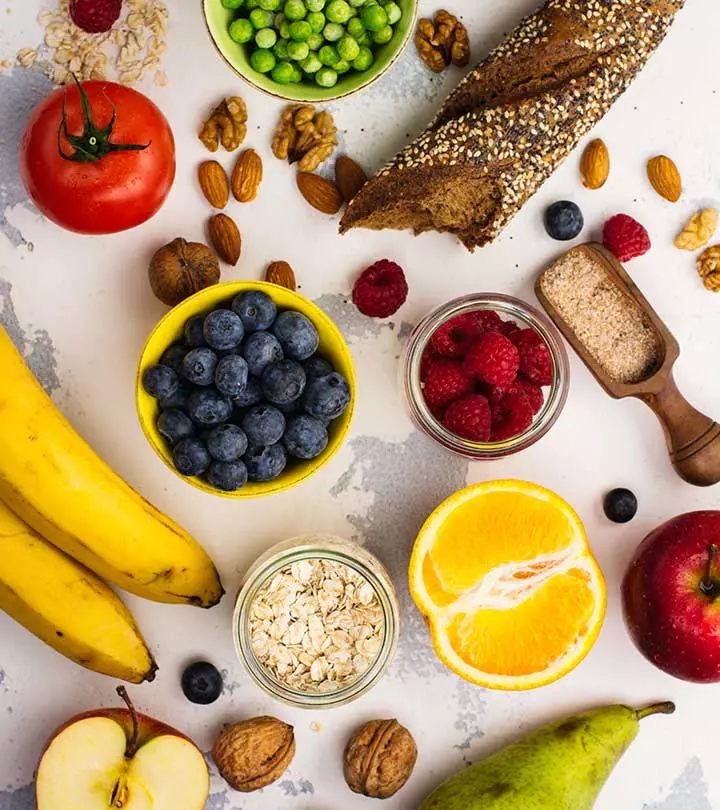
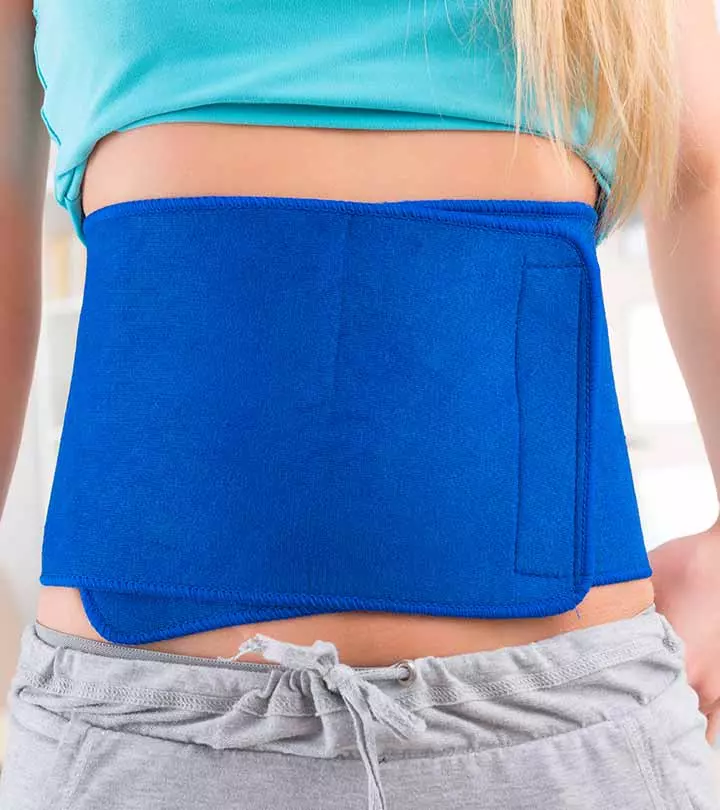
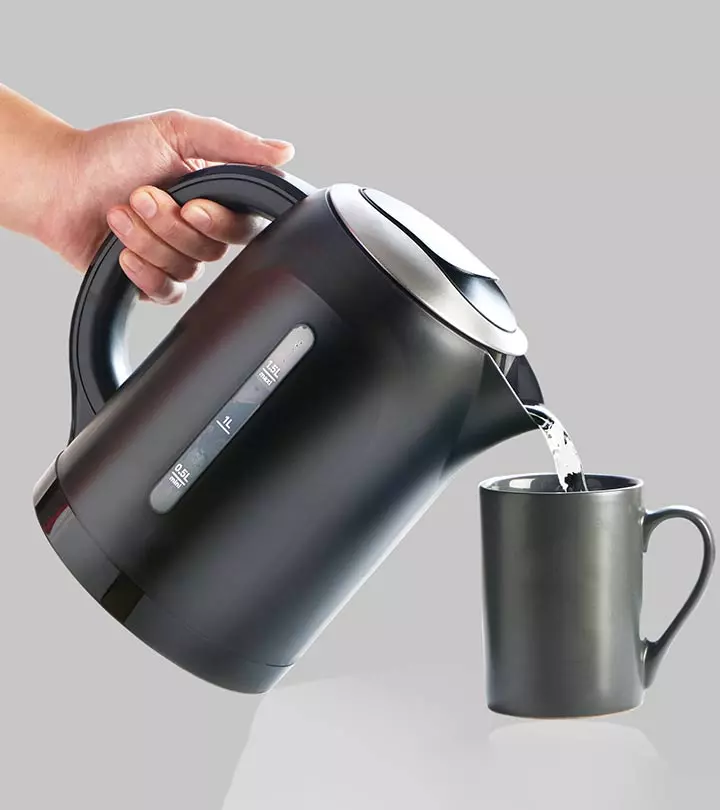
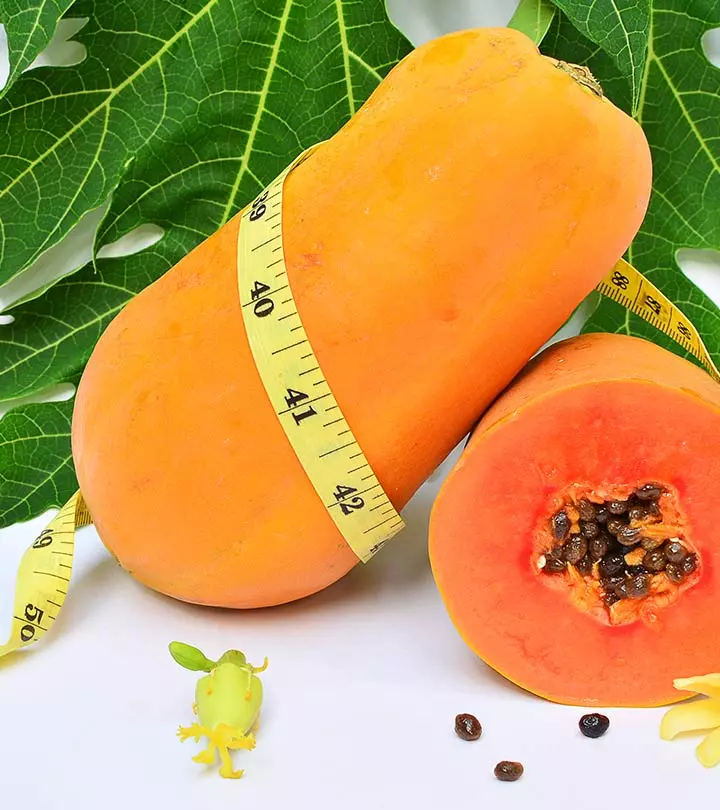

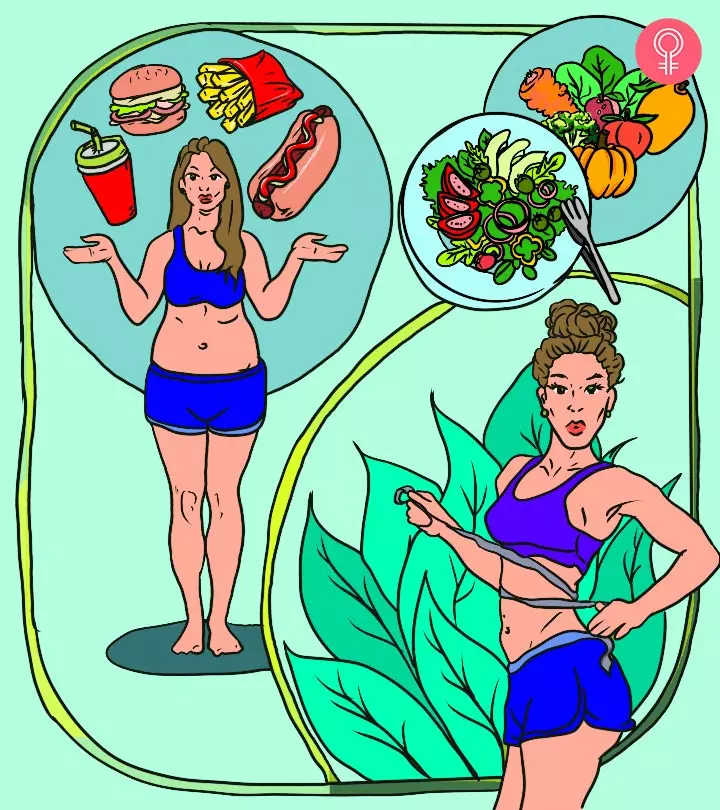

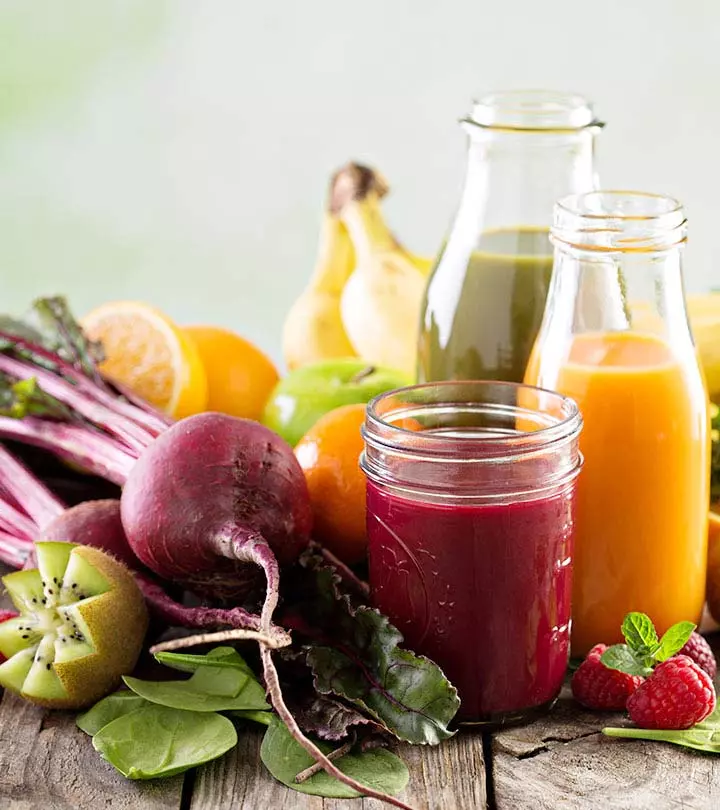

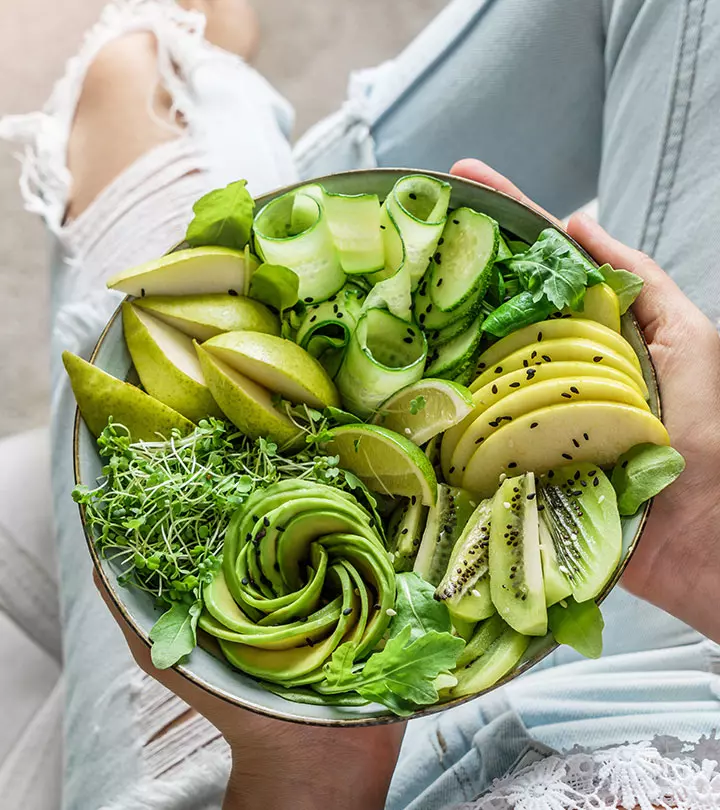
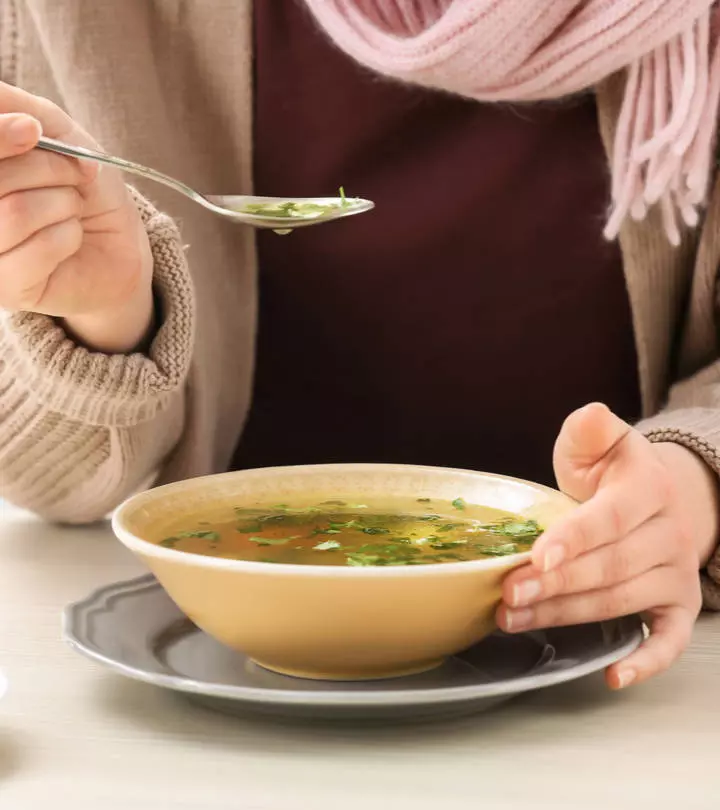

Community Experiences
Join the conversation and become a part of our empowering community! Share your stories, experiences, and insights to connect with other beauty, lifestyle, and health enthusiasts.